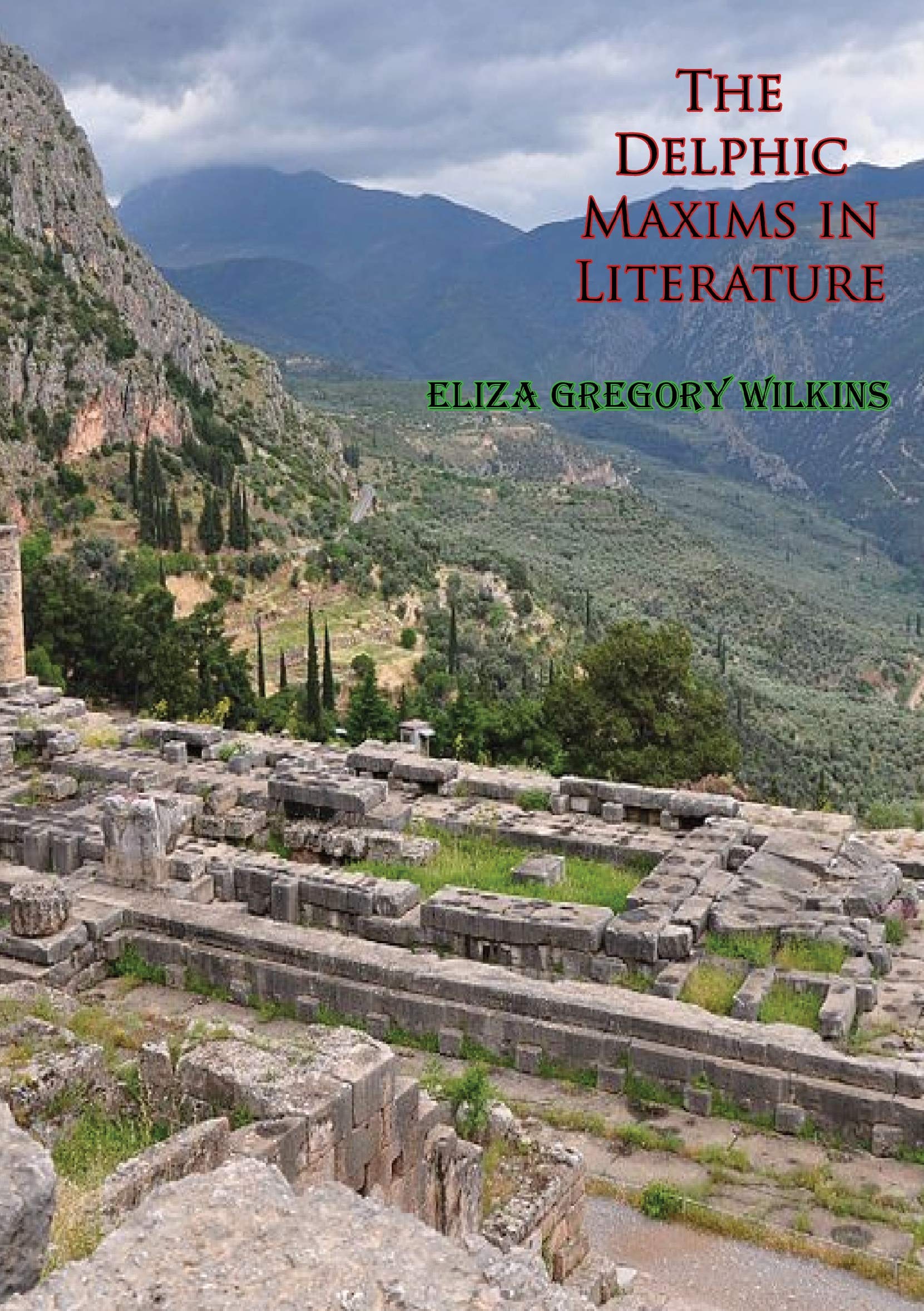What do you think?
Rate this book


320 pages, Kindle Edition
First published January 1, 1929
Education in the fullest sense, literary, historical, scientific; the experiences of life, such as work, and love, and sorrow, and contact with our fellows generally.